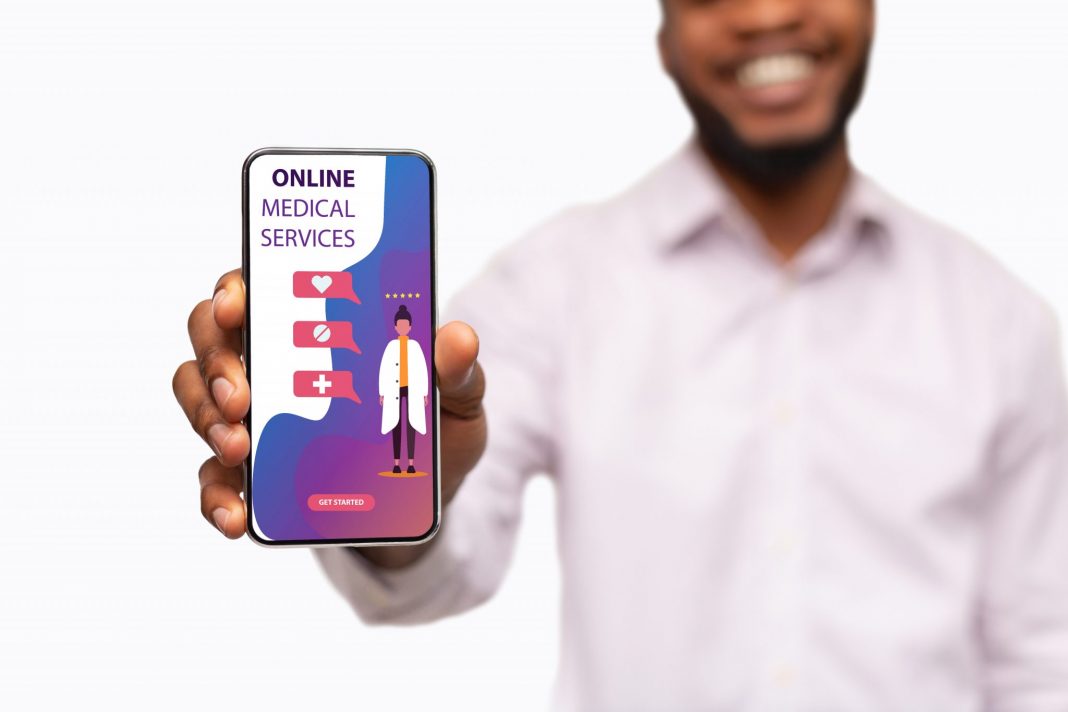Life situations get in the way of people staying healthy. Jobs, family obligations, and other factors, such as COVID-19, may prohibit people from reaching out to healthcare providers. That’s why telehealth services are good options for busy lifestyles and unsafe environments.
Telehealth services are digital services used for talking to doctors or health care providers over the phone or via video chat. Patients can also send and receive messages and monitor health, such as heart rhythm, temperature, and blood pressure through digital devices and social media tools. Telehealth services are easy, safe, and convenient ways to communicate with health care providers all from the comfort of home.
Types of Telehealth Services
There are many telehealth services available, such as general wellness checks, eye and skin exams, counseling services (nutrition and mental health), diagnoses, and prescribing medications. A person may talk to a doctor or healthcare provider for as long as needed. Remember this is an actual doctor or healthcare appointment using technology. Do not ignore health problems because of life situations. Many doctors offer these telehealth services. People can call or ask at their next in-person visit if their healthcare provider offers telehealth services. The following are a few questions to keep in mind when asking about telehealth services:
- What type of telehealth services are offered?
- Will health records be kept secure?
- Are telehealth services good options for all health problems?
- How are appointments scheduled?
- Is special equipment needed? If yes, how can this equipment be accessed?
Insurance Company Services
Telehealth services are also available through health insurance companies if a person does not have a doctor. An online screening or telephone interview will be conducted with the patient in order to provide the right service. If one does not have health insurance, there are a variety of telehealth services through online searches, such as Digital Health Directory. Patients can also visit the Health Resources and Services Administration Data Warehouse to find the nearest health care center. Telehealth services may also require a co-pay, like a regular doctor’s visit, or other out-of-pocket expenses.
Getting Ready for Appointment
Before getting on a call with a physician, be sure to write down all important details, such as health issues, questions, and medications that might need to be refilled. Consider these additional important tips when preparing for an appointment.
- Be comfortable. It is the same as going to a doctor’s office.
- Check for an email or text message with the appointment date and time. The message may include the necessary digital connection details. A patient may also need to pay ahead of time through a safe and secure online payment site.
- Make sure the technology is working. Did you download the app if needed? Does the camera work on the phone, computer, or tablet? Is the volume working? Is the Internet connection working?
- Setup a quiet and well lighted area in your home.
- Wear loose fitting clothes. You may need to show the doctor something on your body.
Stay Connected to Providers
Everyone encounters health issues or concerns, so it is important to stay connected with doctors and healthcare providers. Keep in mind that all health issues cannot be diagnosed or treated through telehealth services. However, telehealth services are excellent tools that can be used by the whole family when life situations get in the way. These services allow people to stay healthy and connected to their health.














